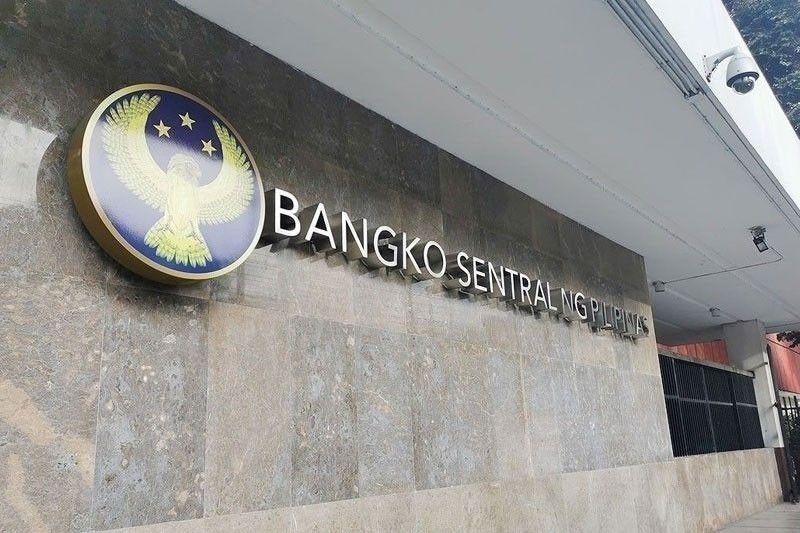Philippines financial sector expands by 8 percent in February

MANILA, Philippines — The total resources of banks and non-bank financial institutions rose by 7.9 percent to P30.87 trillion as of end-February from P28.58 trillion in the same period a year ago, based on preliminary data from the Bangko Sentral ng Pilipinas (BSP).
Most of the financial system’s total resources include funds and assets such as deposits, capital bonds and debt securities. These resources play an important role in supporting various activities and investments, which contribute to overall economic growth.
Central bank data showed that the growth in resources was mainly due to the 9.5 percent expansion in banks, which amounted to P25.75 trillion as of February from P23.53 trillion in the comparable year-ago period.
The total resources of banks accounted for 83.4 percent of the financial industry’s total assets. Banks include universal and commercial, thrift, digital, and rural and cooperative lenders.
Broken down, the assets of universal and commercial banks stood at P24.14 trillion, 9.2 percent higher than the P22.11 trillion recorded as of end-February last year. Big banks alone covered 78.2 percent of the sector’s total resources.
Thrift banks’ total resources grew by 7.7 percent to P1.09 trillion from P1.01 trillion a year ago. Mid-sized banks cornered 3.5 percent of the overall resources.
The BSP started collecting data for digital banks in March 2023. The digital banking sector saw total resources of P95 billion as of February.
The six online banks in the Philippines include Tonik Digital Bank, GoTyme Bank, Maya Bank, Overseas Filipino Bank, UNObank and UnionDigital Bank.
Meanwhile, the central bank has yet to release its updated data for rural and cooperative banks as well as non-banking financial institutions.
The assets of rural and cooperative banks stood at P426 billion as of end-September 2023, while resources of non-banks reached P5.12 trillion as of the same period.
Non-bank institutions include BSP-supervised investment houses, financing and investment companies, securities dealers and brokers, pawnshops and lending investors.
They also cover non-stock savings and loan associations, credit card companies, state non-bank financial institutions and authorized agent banks.
- Latest
- Trending





























